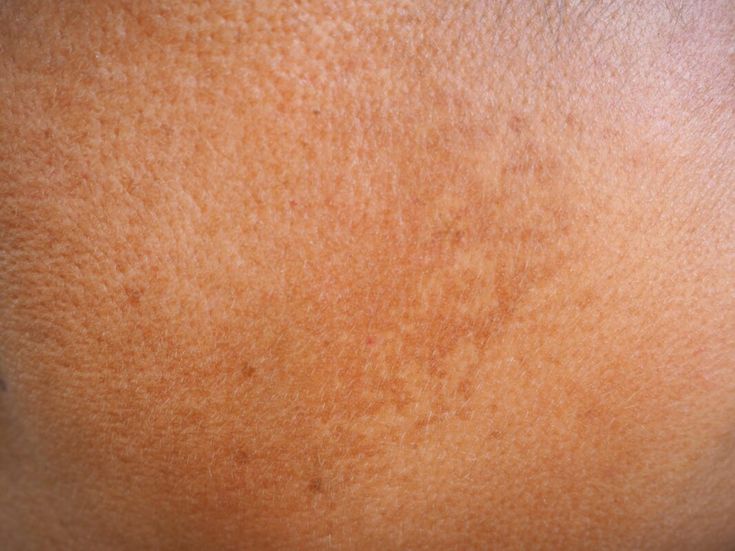Hyperpigmentation during pregnancy? Find out what’s really going on

You’ve noticed darker patches across your cheeks or forehead, maybe even your upper lip and suddenly your pregnancy glow doesn’t feel so glowing. What’s going on?
If this sounds familiar, you might be dealing with melasma, a common skin condition triggered by pregnancy. Also known as “the mask of pregnancy,” melasma affects up to 50–70% of pregnant women, especially during the second or third trimester.
Let’s break down what’s happening (and how to treat it safely and naturally).
So, what is melasma?
Melasma is a form of hyperpigmentation in pregnancy, meaning your skin produces more melanin in certain areas and leaving behind darker patches that don’t quite fade. It’s most common on the face, but can also show up on other sun-exposed areas like your chest or shoulders.
Hormones are the major driver. As estrogen and progesterone rise, your skin becomes more reactive to sunlight and heat. Add in increased blood flow, stress, and even genetic predisposition and your skin’s pigment cells go into overdrive.
Can it be prevented?
Not entirely. But you can lower the chances of it developing (or worsening) by being proactive with your skincare routine.
Here’s how:
-
Use daily sun protection – even if you’re just popping out for coffee. Look for a mineral SPF with zinc oxide, especially made for sensitive or hormonal skin.
-
Stay cool – excess heat (even from hot showers) can trigger melanin production.
-
Avoid harsh exfoliants or actives – your skin barrier is already in a delicate state.
-
Choose gentle, pro-pregnancy skincare – skip the heavy chemical peels or treatments for now. Focus on products that nourish, calm and protect.
Natural melasma treatment during pregnancy
While you’ll want to avoid ingredients like hydroquinone, which aren’t considered pregnancy-safe, there are natural options that can support your skin gently:
-
Vitamin C (from Kakadu Plum or other plant-based sources) – helps brighten and reduce the appearance of dark spots
-
Niacinamide – pregnancy-safe and known to calm inflammation and reduce discolouration
-
Liquorice root extract – known for its gentle brightening properties (and OK for topical use during pregnancy)
-
Zinc oxide – doubles as SPF and calms inflamed, sensitive skin
Melasma often fades after birth, but the right skincare can ease the intensity and support your skin in feeling more balanced and confident now.
✨ Wondering what to use while pregnant?
We’re developing a natural, pro-pregnancy & postpartum skincare range made for hormonal skin (melasma included). Backed by gentle botanicals, no nasties. Read more bout our glowing ingredients here
Sign up for the latest news on our drop #SIRENSKINCLUB



